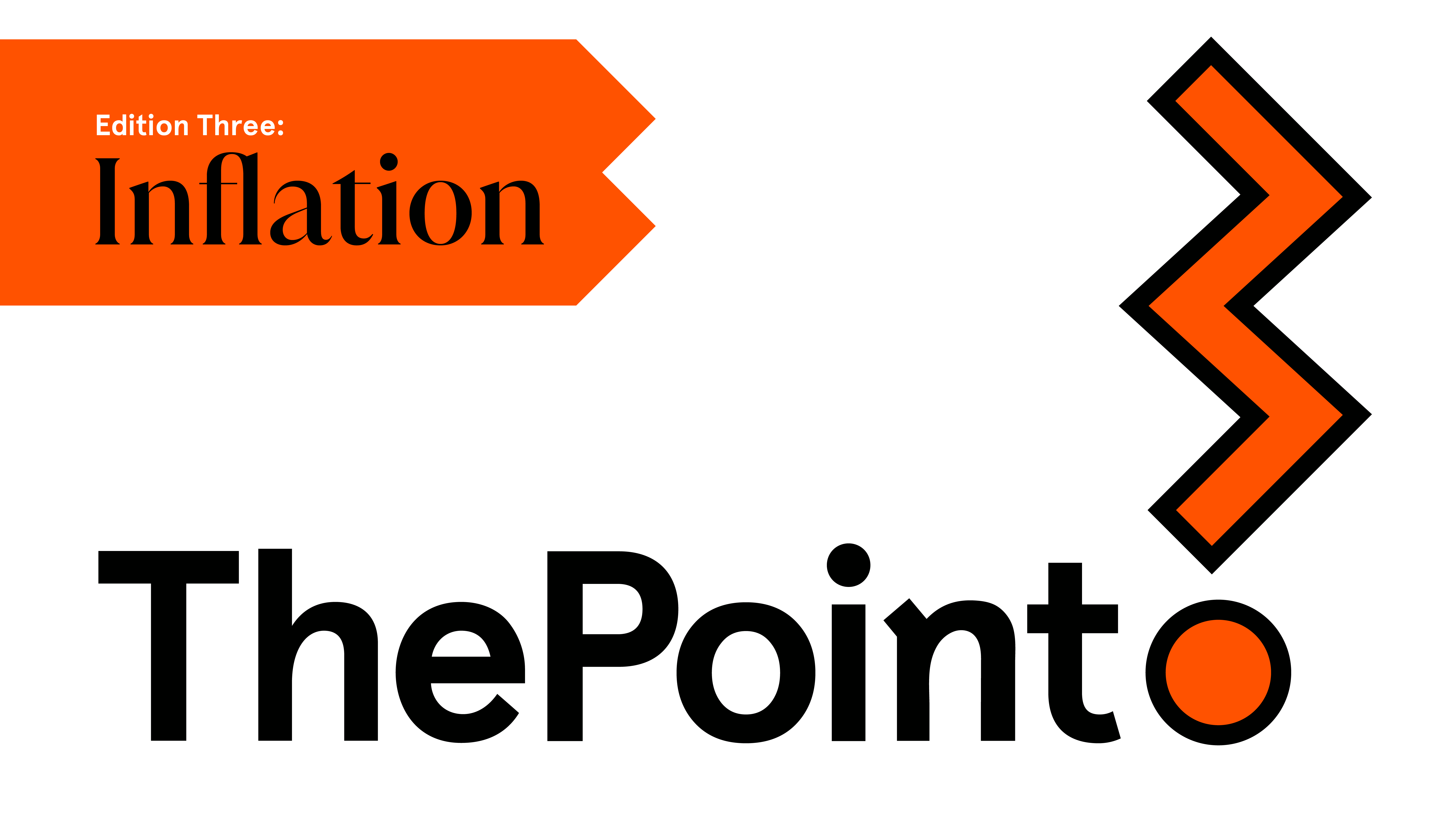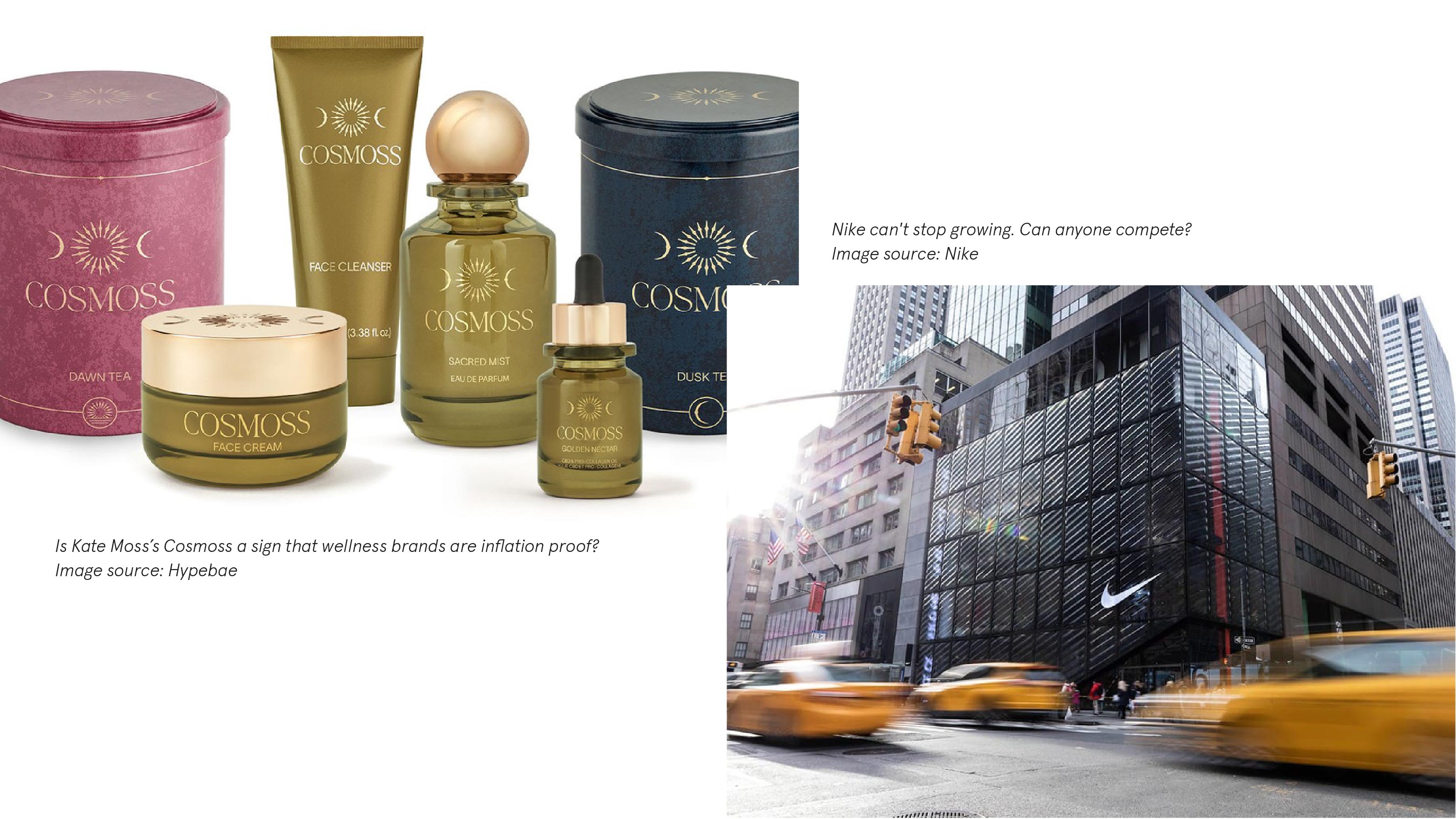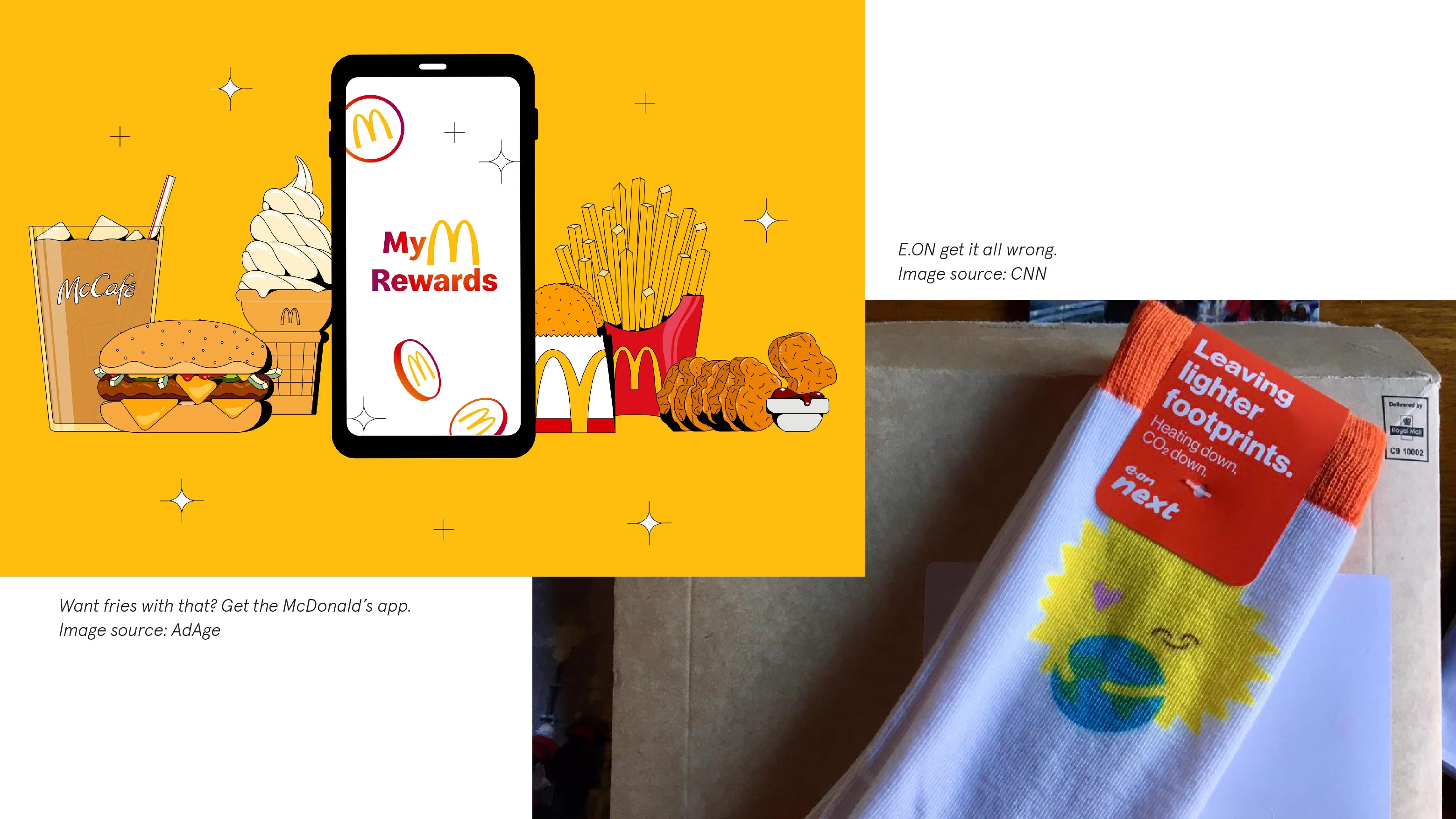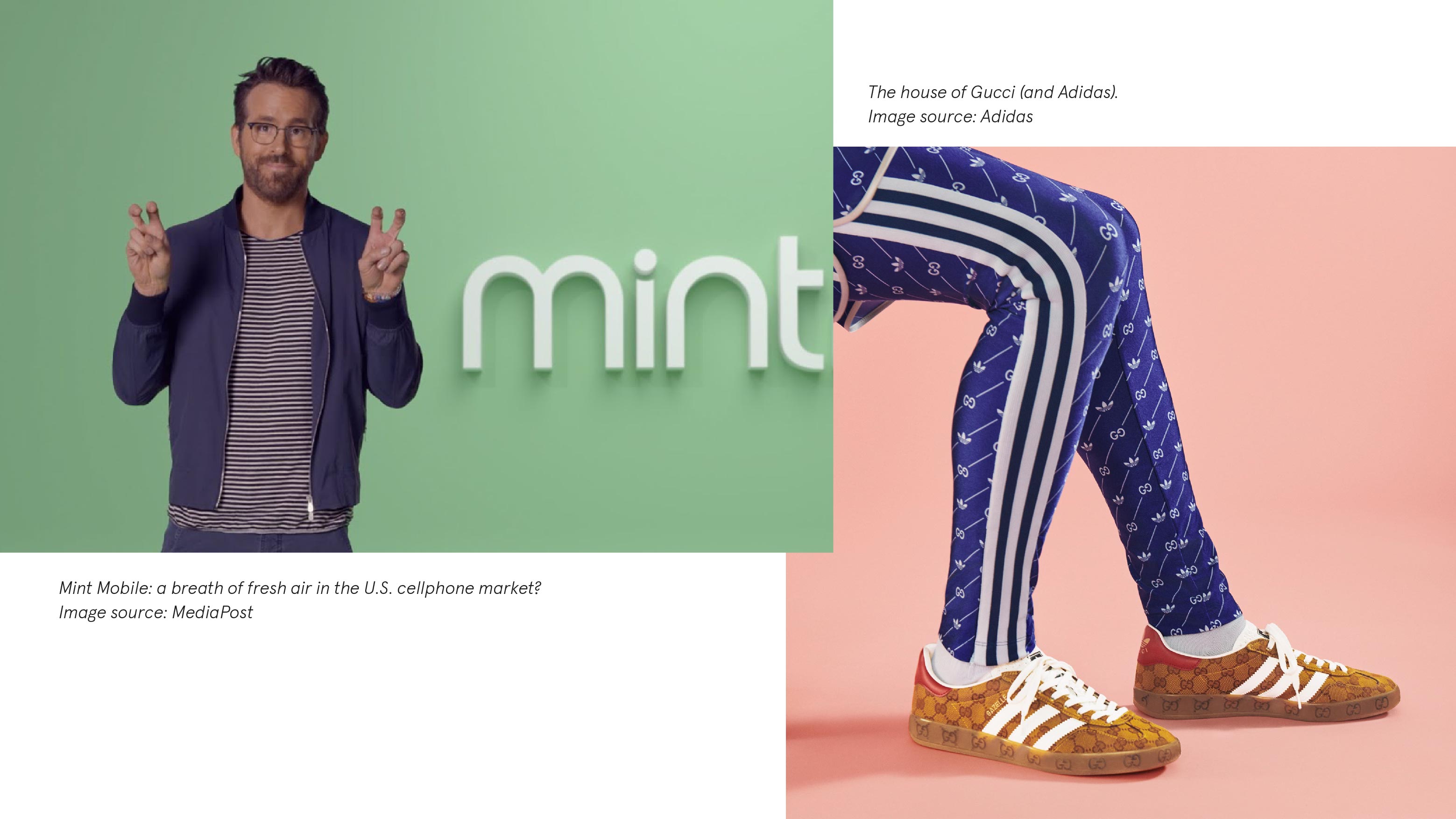Get to The Point with our monthly take on the hottest topics. This time, we explore what inflation means for culture, consumers and brands.
A coming together of global factors has given consumers another thing to add to their shopping list: inflation. Here we look at the implications and opportunities this presents for brands and how they can navigate these stormy waters.



